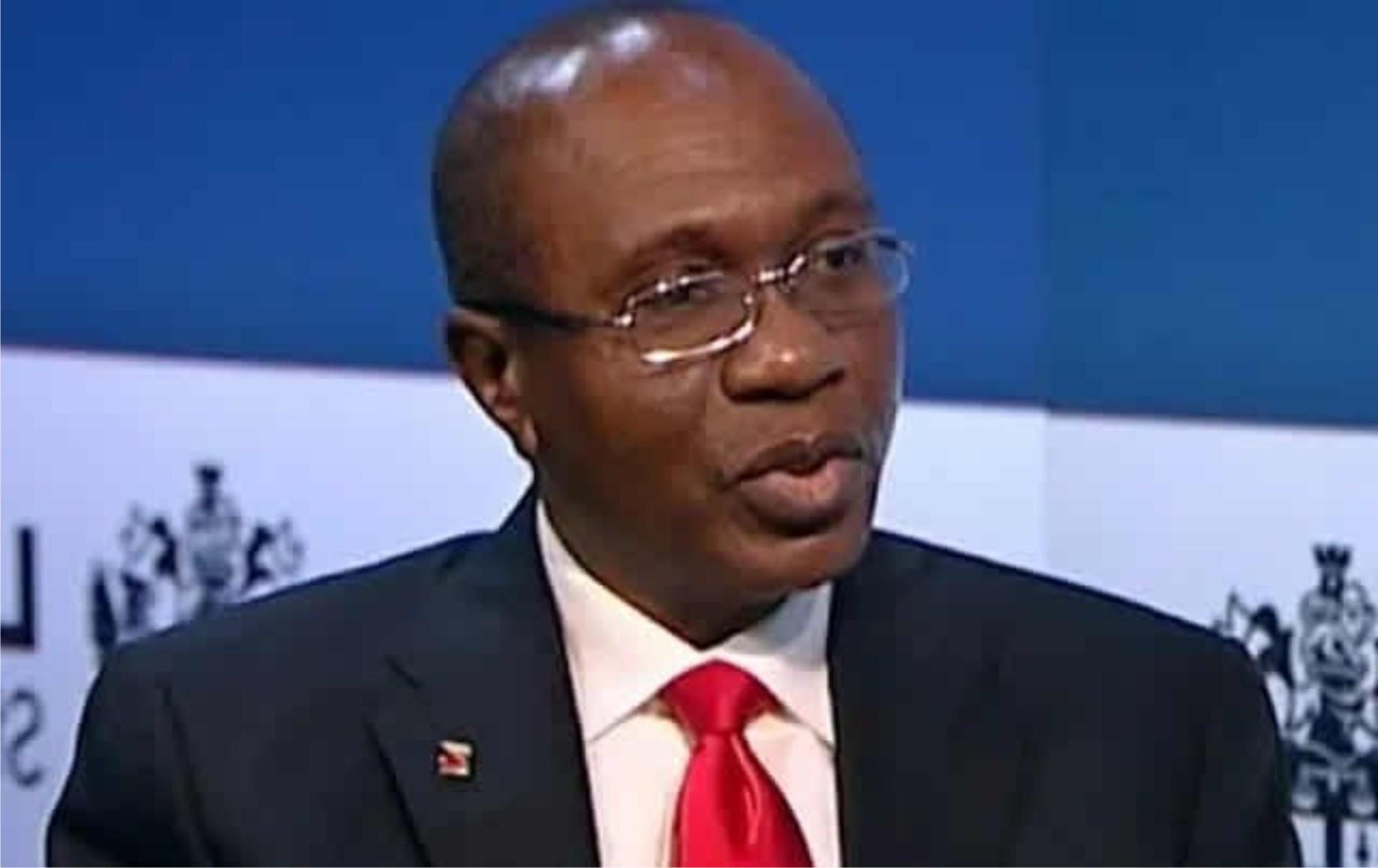Business
Emefiele Harps On Lessons Of COVID-19 To Grow Economy

The Governor of the Central Bank of Nigeria (CBN), Mr Godwin Emefiele has restated the Federal Government’s commitment towards turning the lessons of CoVID-19 into strong learning points that would help the country grow its economy .
Speaking on the topic: Turning COVID-19 Tragedy into an Opportunity for a New Nigeria in Abuja, Emefiele said there was no need for Nigerians to despair but to rather use it as a spring board to move the country forward.
“For a country of over 200 million people and projected to be about 450 million in a few decades, we can no longer ignore repeated warnings about the dangers that lie ahead if we do not begin to depend largely on what we produce locally, because the security and well-being of our nation is contingent on building a well-diversified and inclusive productive economy.”
He noted that as at June 2014, Nigeria was spending about N1.3 trillion importing rice, fish, wheat and sugar raising questions as to why the country cannot grow these products locally despite its abundant natural resources.
He also recalled that only a few decades ago, Nigeria was one of the world’s largest producers and exporters of palm oil, cocoa and groundnuts.
He lamented that, today Nigeria imports nearly 600,000 metric tonnes of palm oil, whilst Indonesia and Malaysia, two countries that were far behind Nigeria in this crop, now combine to export over 90 percent of global demand, adding that in 2017 alone, Indonesia earned $12.6 billion from its oil and gas sector and $18.4 billion from palm oil.
He stessed that the coronavirus pandemic and the immediate response of many of Nigeria’s trading partners su ggest it is now more critical than ever that the country takes back control, “not just control over our economy, but also of our destiny and our future.”
The CBN boss said that it was in line with this developement that the CBN has created several lending programmes and provided hundreds of billions to smallholder farmers and industrial processors in several key agricultural produce.
According to him, these policies are aimed at positioning Nigeria to become a self-sufficient food producer, creating millions of jobs, supplying key markets across the country and dampening the effects of exchange rate movements on local prices.
“This philosophy has been a consistent theme of the CBN’s policies over the last couple of years,” he said.
Business
Two Federal Agencies Enter Pack On Expansion, Sustainable Electricity In Niger Delta

Business
Why The AI Boom May Extend The Reign Of Natural Gas

Business
Ogun To Join Oil-Producing States ……..As NNPCL Kicks Off Commercial Oil Production At Eba

-

 Politics4 days ago
Politics4 days agoAPC Releases Adjusted Timetable For Nationwide Congresses, Convention
-

 Sports1 day ago
Sports1 day ago2026 WC: Nigeria, DR Congo Awaits FIFA Verdict Today
-
Sports4 days ago
DG NIS Wants NSC Board Constituted, Seeks Increased In Funding
-

 Business4 days ago
Business4 days agoCustoms Seek Support To Curb Smuggling In Ogun
-

 Featured4 days ago
Featured4 days agoINEC Proposes N873.78bn For 2027 Elections, N171bn For 2026 Operations
-

 Sports4 days ago
Sports4 days agoSWAN Rivers Set-up Five Functional Committees
-
Sports4 days ago
NSC Disburses N200m Training Grants To 26 Athletes
-
News4 days ago
Police Bust Kidnapping Syndicate In PH

